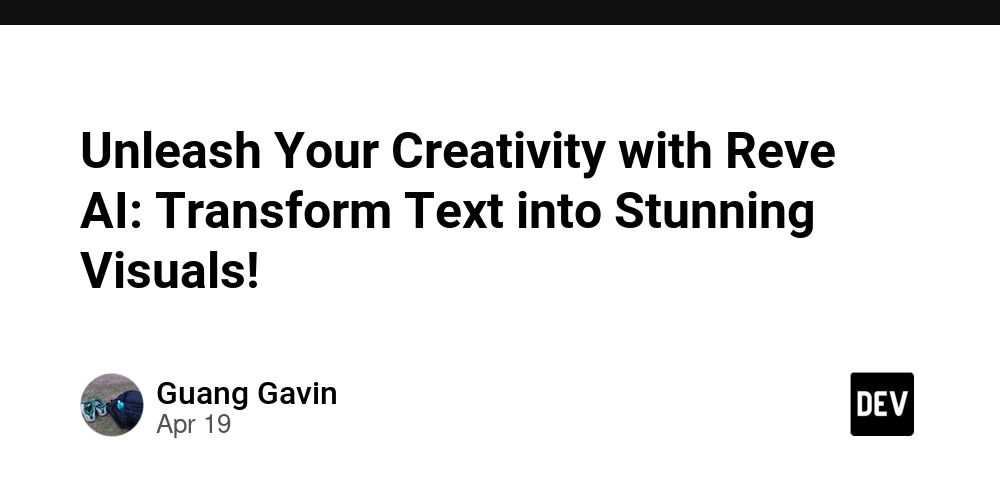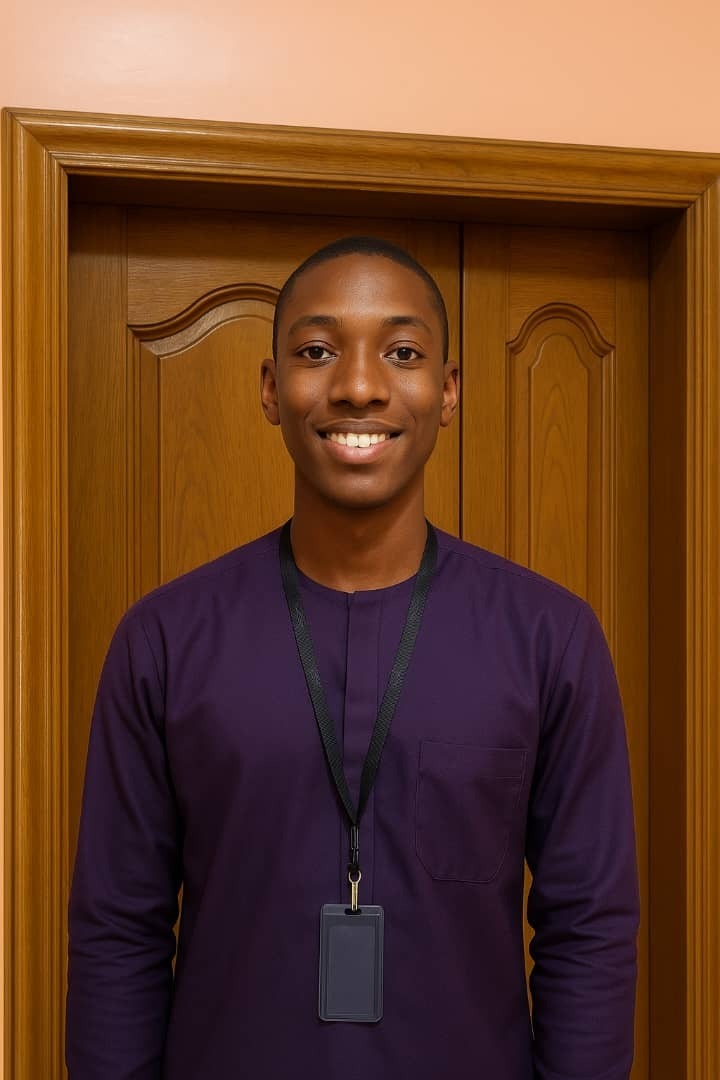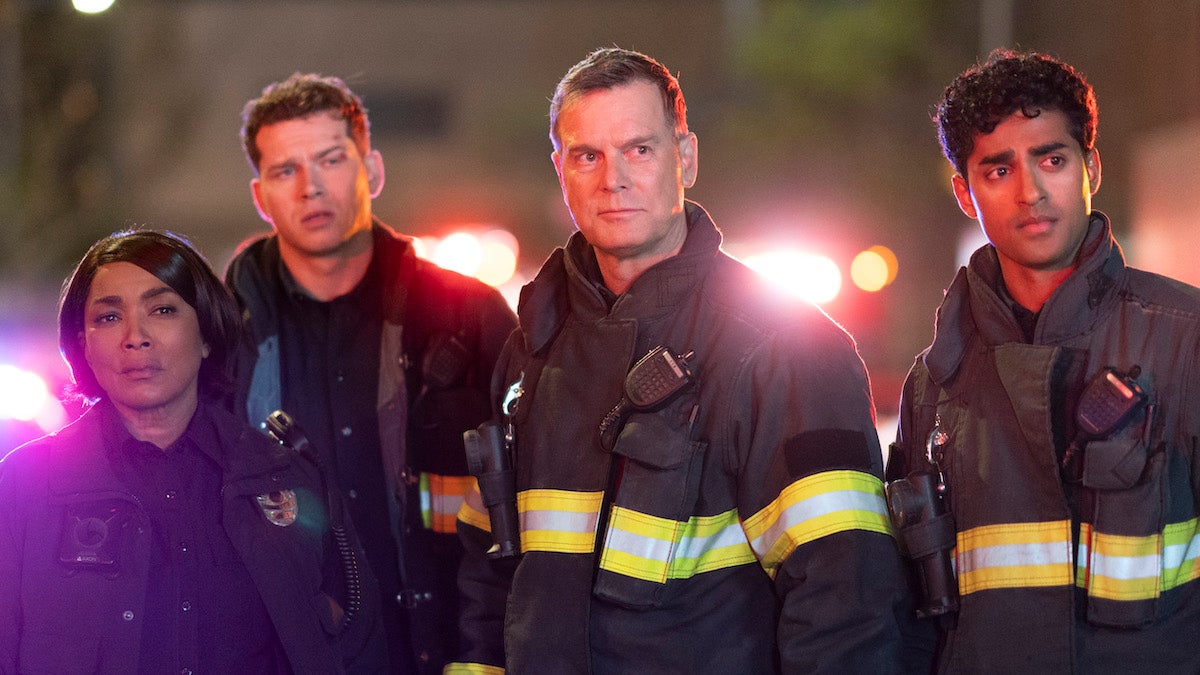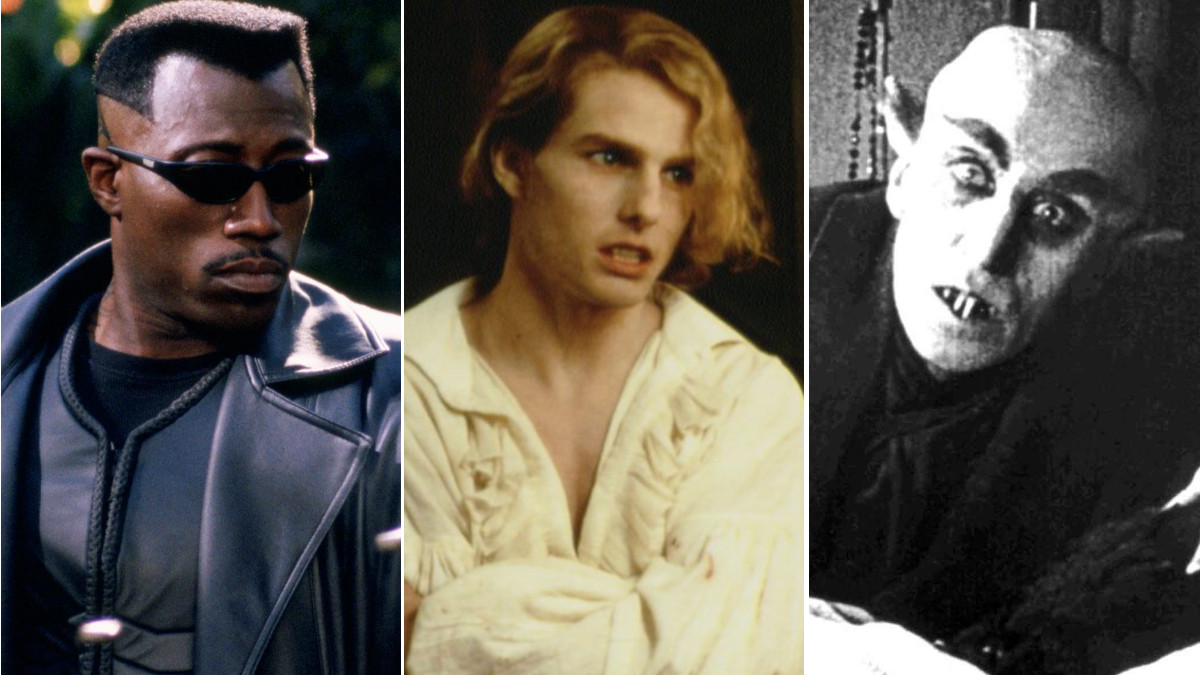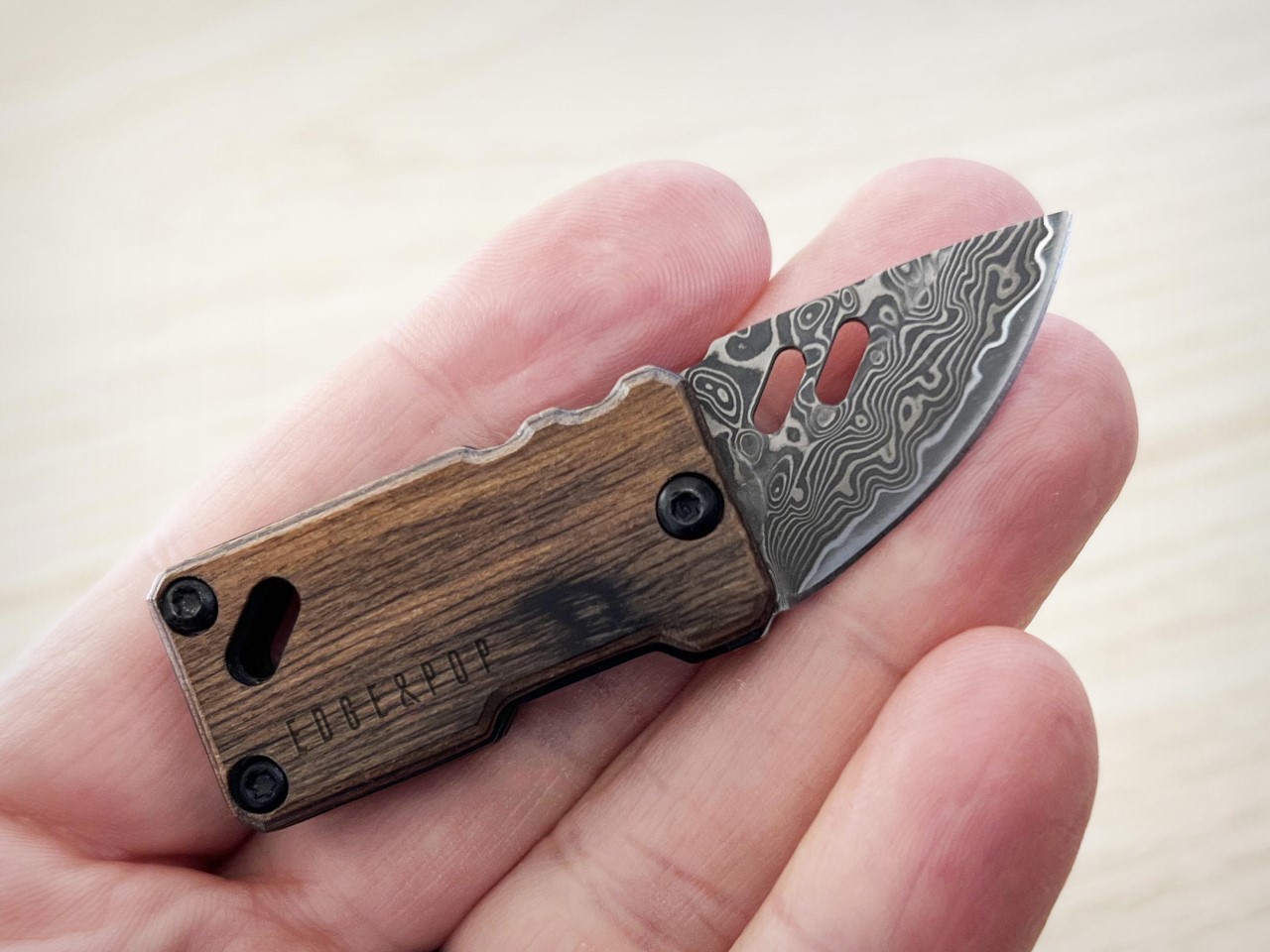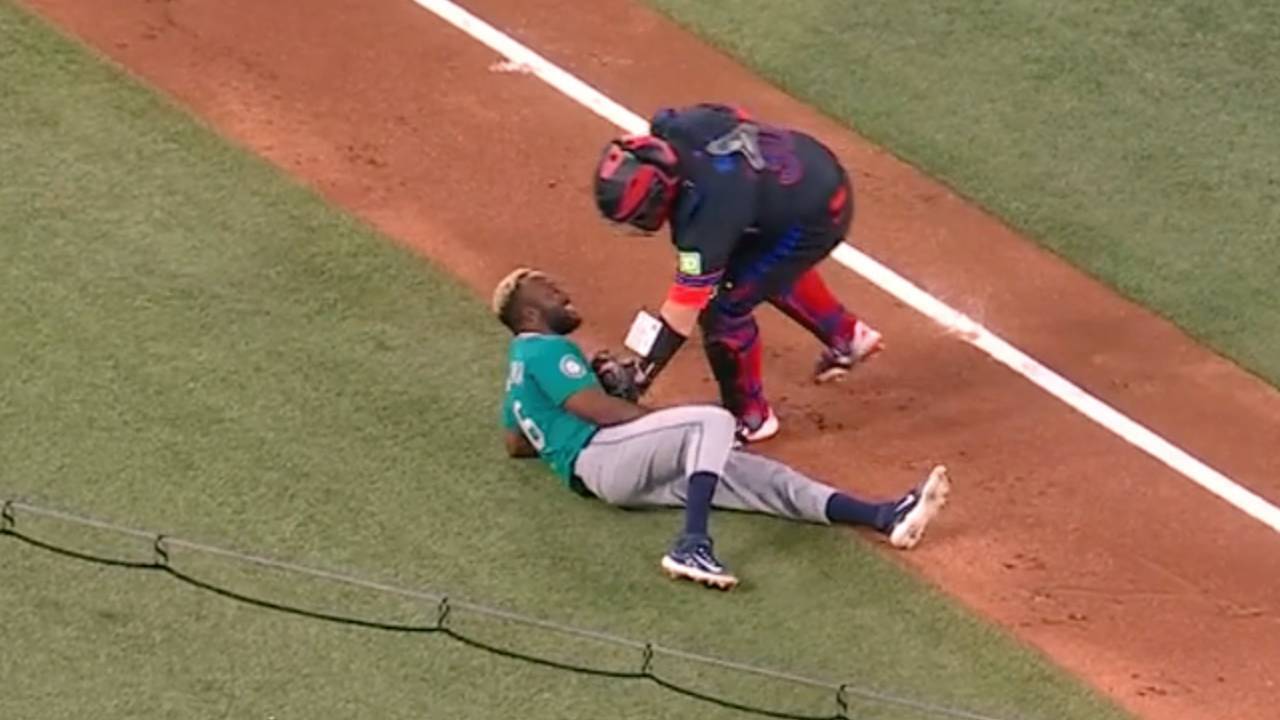Novelist Oisín Fagan: ‘I was at the altar of literature and had its fire in me’
The Irish author on his new ‘violent seafaring epic’, his appetite for body horror and living his entire life book-firstOisín Fagan, 33, grew up in County Meath and lives in Dublin. In 2020 he was shortlisted for the Bollinger Everyman Wodehouse comic fiction prize with his first novel, Nobber, about the Black Death’s arrival in the Irish village that gives the book its title. His other books include the 2016 story collection Hostages, described by the Spectator as “DayGlo-Breugelish nightmares”; Ferdia Lennon calls him “one of the most strikingly original Irish writers working today”. His new novel, Eden’s Shore, is a violent seafaring epic centred on a Spanish colony in Latin America at the end of the 18th century.How did this book begin for you? It’s a confluence of things I’ve been interested in all my life: Latin American literature, history, revolutionary politics, spirituality. Like Nobber, it’s about a dying town with a proliferation of characters, which I like. That’s not new – it’s Balzac, it’s Dickens – but for some reason we’ve distilled novels down to chamber pieces of six or seven characters; to me, that’s theatre, which I also love, but novels can proliferate horizontally in a way that other forms can’t.What draws you to set your novels in the past? You can do things with language and form that might not be as accepted in contemporary work, but I don’t see myself as a historical novelist. Literary fiction seems quite contemporary at the moment; historical fiction seems to be slipping into “genre”, like fantasy. In other parts of the world, it’s just part of literary fiction. We’re living through a moment in Irish literature with a lot of very good Irish writers who are all very different and talented, but maybe they’re not experimenting in genre as much as they would do elsewhere in the world. Because I find myself an Irishman among these people, you’re like, ‘Oh, he’s different.’ In the 1960s in America, or Latin America in the 50s and 70s, you’d be like, ‘Oh, he’s just one of the lads.’There are some pretty grisly scenes here. What were they like to write? The nuts and bolts of novel formation are difficult for me – setting up a scene, getting from one place to another – but give me someone picking bullets out of someone’s gut and I think: here we fucking go. I’m writing for these moments where the body becomes real. Like, the eyeball scene... you should’ve seen the 300 words that were deleted; you’d have been seeing it for the rest of your life. I love my cousin to bits, but he had this fear of eyes as a child; mention the word “eye” and you’d see him kind of flinch. I tapped into that. Continue reading...

The Irish author on his new ‘violent seafaring epic’, his appetite for body horror and living his entire life book-first
Oisín Fagan, 33, grew up in County Meath and lives in Dublin. In 2020 he was shortlisted for the Bollinger Everyman Wodehouse comic fiction prize with his first novel, Nobber, about the Black Death’s arrival in the Irish village that gives the book its title. His other books include the 2016 story collection Hostages, described by the Spectator as “DayGlo-Breugelish nightmares”; Ferdia Lennon calls him “one of the most strikingly original Irish writers working today”. His new novel, Eden’s Shore, is a violent seafaring epic centred on a Spanish colony in Latin America at the end of the 18th century.
How did this book begin for you?
It’s a confluence of things I’ve been interested in all my life: Latin American literature, history, revolutionary politics, spirituality. Like Nobber, it’s about a dying town with a proliferation of characters, which I like. That’s not new – it’s Balzac, it’s Dickens – but for some reason we’ve distilled novels down to chamber pieces of six or seven characters; to me, that’s theatre, which I also love, but novels can proliferate horizontally in a way that other forms can’t.
What draws you to set your novels in the past?
You can do things with language and form that might not be as accepted in contemporary work, but I don’t see myself as a historical novelist. Literary fiction seems quite contemporary at the moment; historical fiction seems to be slipping into “genre”, like fantasy. In other parts of the world, it’s just part of literary fiction. We’re living through a moment in Irish literature with a lot of very good Irish writers who are all very different and talented, but maybe they’re not experimenting in genre as much as they would do elsewhere in the world. Because I find myself an Irishman among these people, you’re like, ‘Oh, he’s different.’ In the 1960s in America, or Latin America in the 50s and 70s, you’d be like, ‘Oh, he’s just one of the lads.’
There are some pretty grisly scenes here. What were they like to write?
The nuts and bolts of novel formation are difficult for me – setting up a scene, getting from one place to another – but give me someone picking bullets out of someone’s gut and I think: here we fucking go. I’m writing for these moments where the body becomes real. Like, the eyeball scene... you should’ve seen the 300 words that were deleted; you’d have been seeing it for the rest of your life. I love my cousin to bits, but he had this fear of eyes as a child; mention the word “eye” and you’d see him kind of flinch. I tapped into that. Continue reading...











